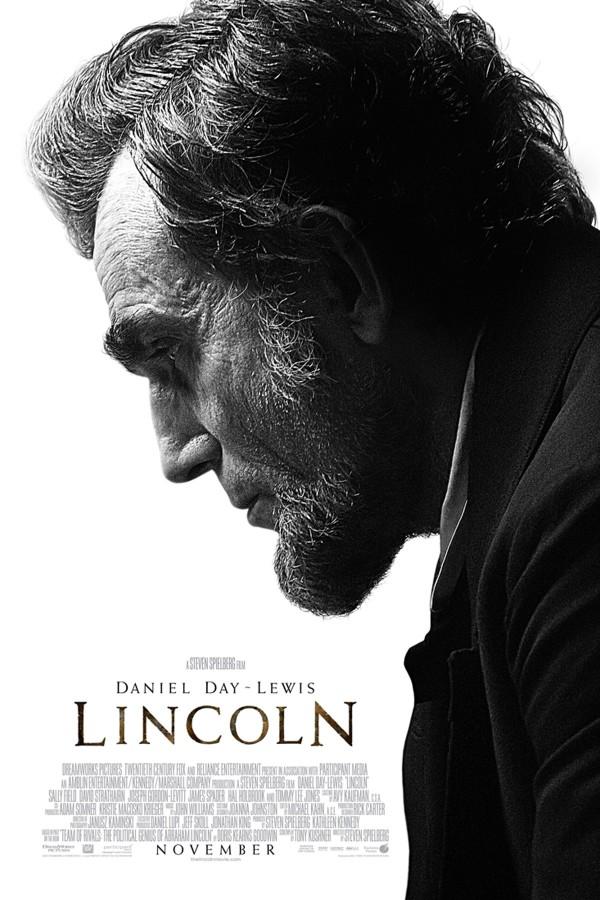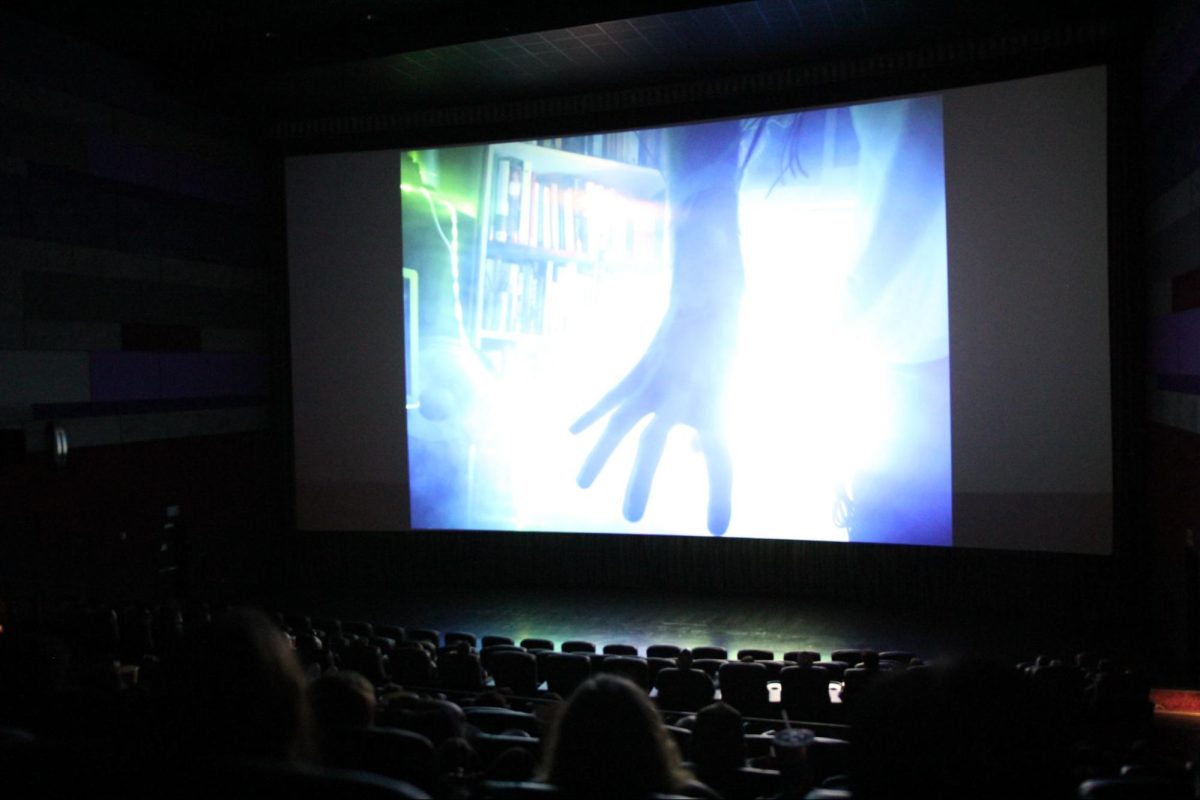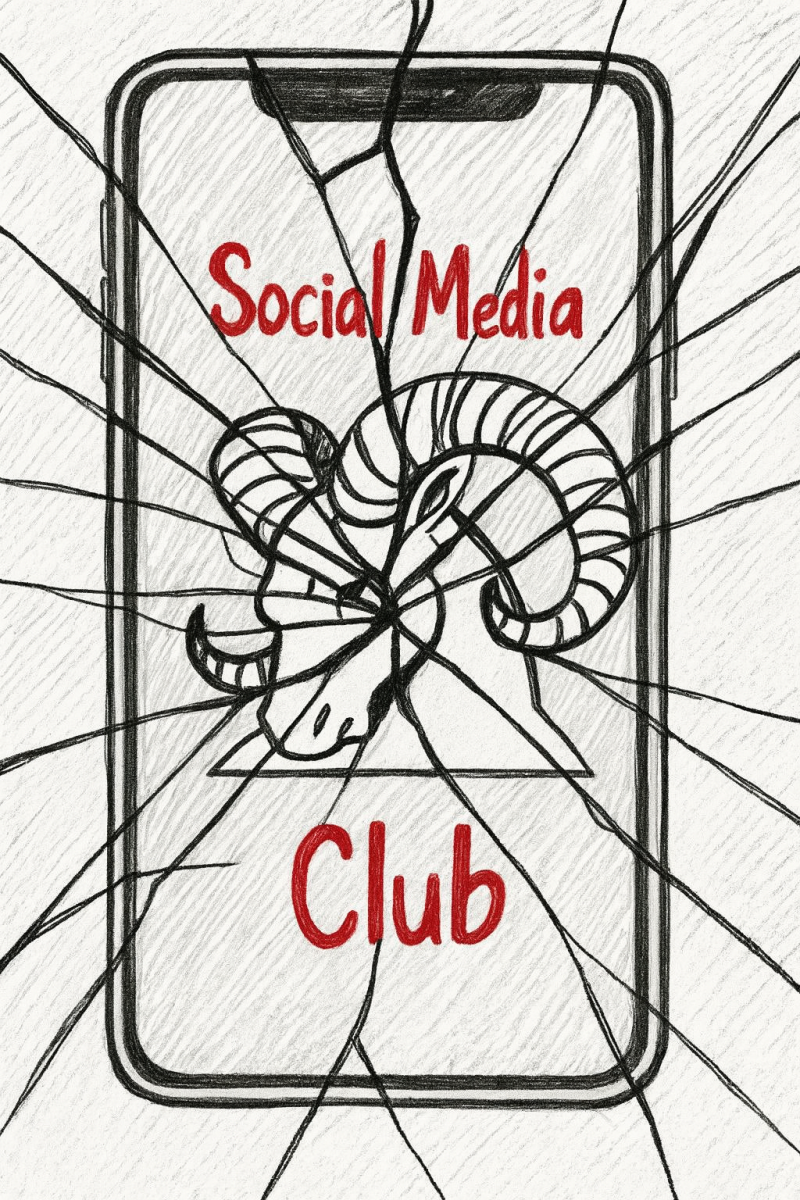“Lincoln” is a true-to-life portrayal of the Abraham Lincoln during the final months of the American Civil War. The film is directed by Steven Spielberg and stars Daniel Day Louis as the 16th president.
The film follows Lincoln through three chapters of American history. Often times, these moments are drawn out through long periods of persuasion and discussion involving various government officials. Although these scenes may come across as lengthy, the atmosphere of a Union in eminent crisis keeps the dialogue engaging.
Louis sets himself apart from previous actors who loosely embodied romanticized interpretations of Abraham Lincoln. In the past, those depicting the president commonly produced a deep and ostentatious baritone; bellowing grandiose oratories to pronounce his extraordinary leadership faculties.
In contrast, Louis’ portrayal consists of higher vocal tones with a mild rasp. Although presidential and oftentimes intellectually striking, his characterization of Lincoln steers clear of lofty idealism.
Daniel Day Louis’ expertly crafted rendition is consistent with his ethos as an actor. Louis notoriously dedicates a considerable amount of time studying and rehearsing the essence of his roles. Lincoln is arguably his finest work.
The accuracy of this film warrants its incorporation into high school curriculums. Those with extensive literary knowledge may realize that the passage of the thirteenth amendment and the negotiated terms of Southern surrender to the North are closely intertwined. However, most citizens have yet to comprehend exactly how the process transpired. “Lincoln” flawlessly connects these pivotal components of our collective history.
“Lincoln” is as astounding as it is important. Students and faculty would do well to broaden their understanding of this monumental period of our history by attending a screening and paying attention.
Grade: A













